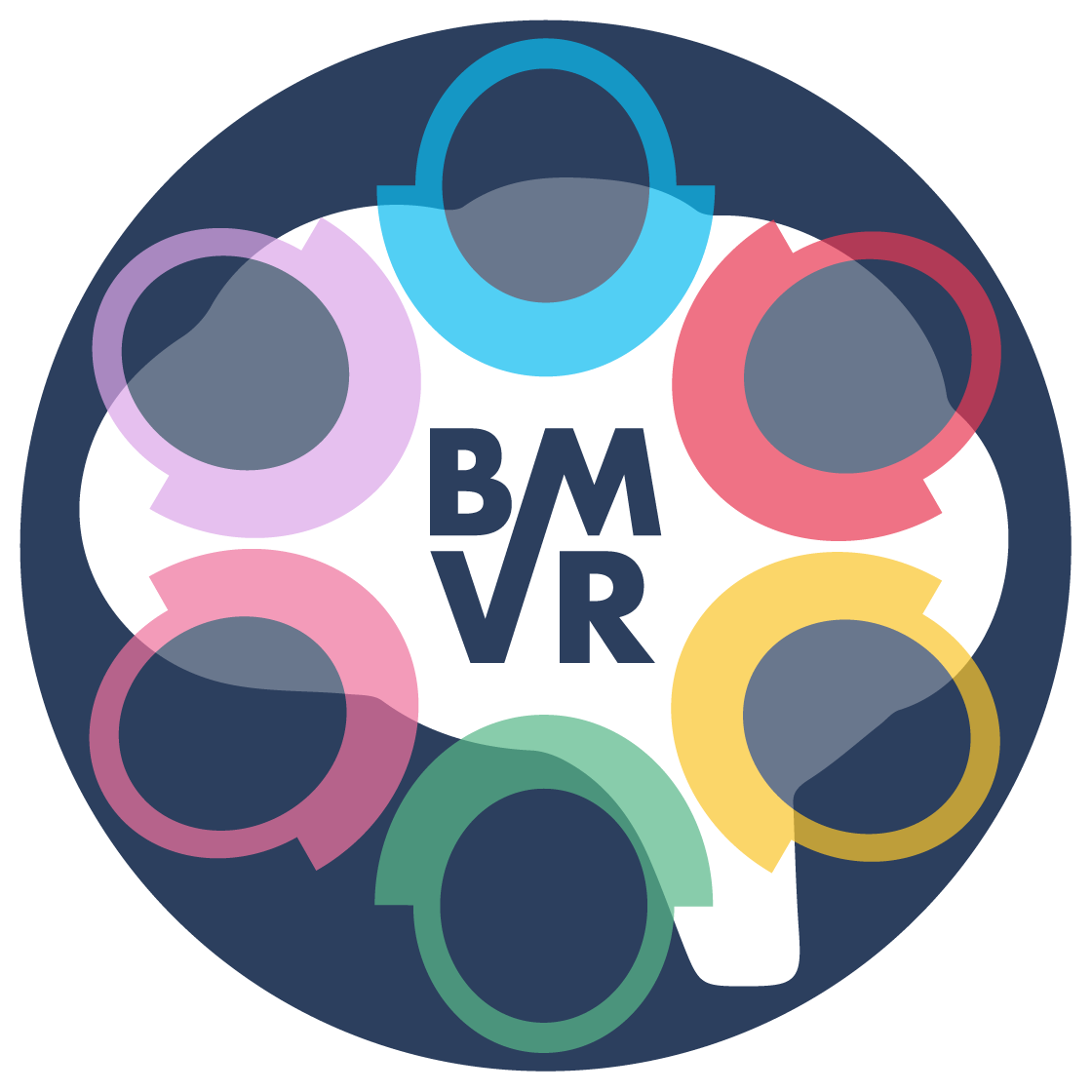Brain Man VR teaming up with Northeastern University
We’re excited to announce a new research initiative with Northeastern University at St Katherine’s dock, London.
Northeastern is a well-respected university in the USA with a campus right near Tower Bridge, in London’s St Katherine’s Dock. Brain Man VR will be providing VR equipment and academic expertise for a forthcoming research project investigating the stress-relieving impacts of meditation in VR.
Here at Brain Man VR we foster a deep belief that Virtual Reality can be used as a force for good, not just to improve people’s knowledge and skills, but also to help them with their mind management and overall brain health. Many people suffer overwhelming levels of stress and meditation is scientifically proven to improve physical health, mental health AND cognitive performance. Stress reduction is just one of the many benefits enjoyed by people who meditate for 15-20 minutes every day. And we’ll be conducting scientific investigations into how Virtual Reality can be used to help people learn how to do mindfulness meditation to boost stress relieving neurohormones.
In VR, you can be transported anywhere to create the illusion that you are meditating in areas of stunning natural beauty
Stress, believe it or not, is our Friend
Stress has a bad reputation but the truth is, if our bodies couldn’t produce the stress hormone cortisol at all, we would really struggle to get anything done.
Acute stress, i.e. elevated cortisol levels over short periods of time, triggers changes in body and brain that actually help us to deal with the cause of the stress.
Once the stressful situation has been dealt with, cortisol levels can go back to normal levels.
And when that happens the biological changes that happen in the body in response to high cortisol e.g. elevated blood sugar levels, blood pressure and cognitive enhancement can subside.
Chronic stress, i.e. high cortisol levels over extended periods of time, trigger those same change in body and brain, week after week, month after month, can be very taxing on body and brain.
In the worst case scenarios chronic stress can trigger remodelling of brain pathways that render the amygdala hypersensitive to threats and the hippocampus less able to efficiently support cognition.
Nobody needs that…
The stress hormone cortisol has a variety of effects on body and brain, all of which help us to deal with and ideally remove the cause of stress.
Meditation To The Rescue
One of the most effective ways of managing stress is mindfulness meditation. A 2015 review paper published in the journal Nature Reviews Neuroscience looked at 20 years worth of research into meditation, concluding that it is beneficial for physical health, mental health AND cognitive performance. This is partly due to the impact of daily meditation practise on brain pathways involved in emotional self-management. It strengthens brain areas that help people to take an objective perspective on their feelings and thoughts, thereby empowering the practitioner to take active control to reduce their body’s release of cortisol and reduce their stress. People are typically introduced to mindfulness meditation by other people, but increasingly these days they are accessing guided meditations online. The in-person mindfulness experiences may occur in the context of a one-on-one session with a meditation coach (or similar). Alternatively, group meditation - where a leader guides the rest of the group through the meditation process - is also popular. However the rise of meditation apps like CALM - which recently sponsored a 2024 Superbowl ad - enable people to access guided meditations remotely.
Meditation in VR?
The research project we are working on with Northeastern will not focus on cortisol levels per se, but instead oxytocin. Oxytocin has been nicknamed the “cuddle drug” as it is released when we shake hands, embrace friends, or are paid a compliment. It makes us feel socially connected and secure. It pushes against the effects of high cortisol: we feel less stressed and generally reassured when we are able to feel close to the people around us. We want to understand the degree to which the presence of another person in VR while meditating can contribute to a person’s sense of social connectedness. Doing meditation in VR with company, may potentiate the beneficial effects of meditation, compared to listening to the audio track of the meditation outside of VR, when participants are tested again, in the same empty room, but while NOT wearing a VR headset.



